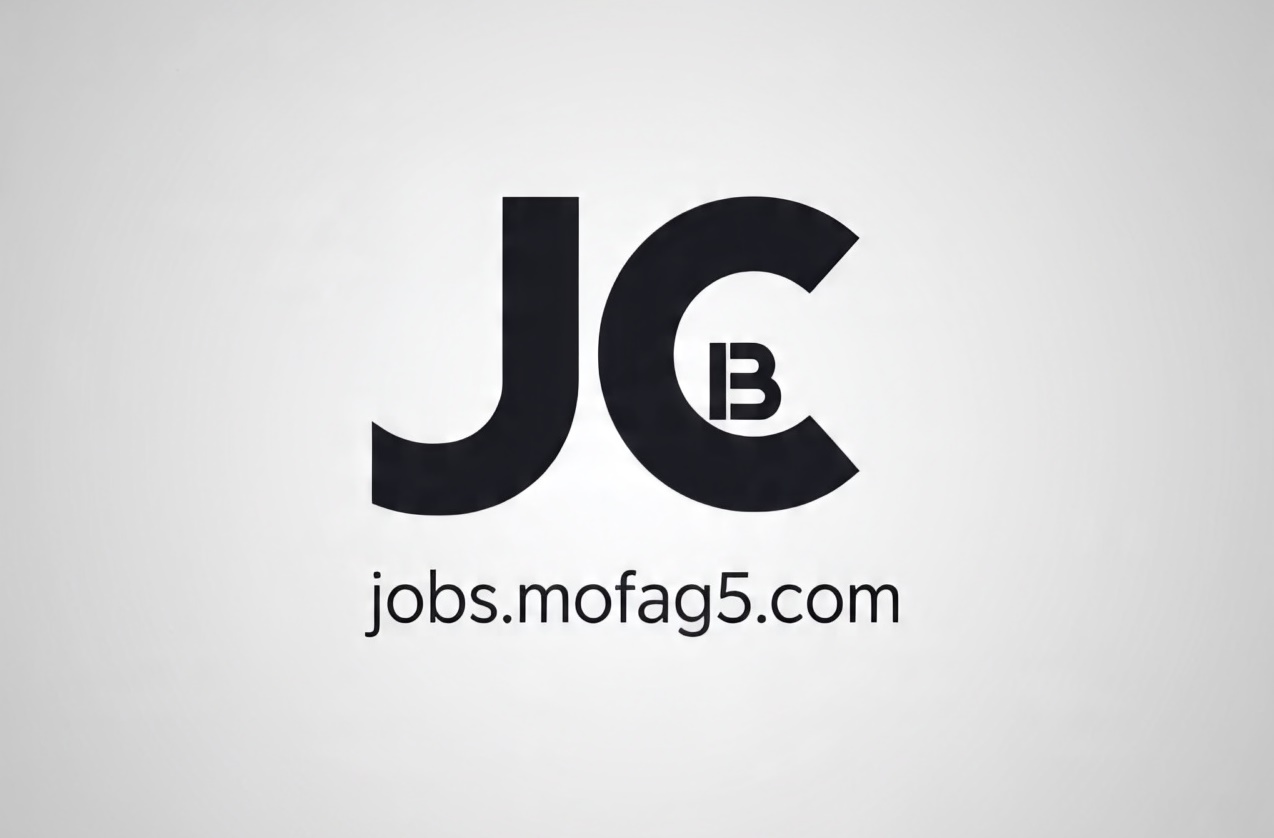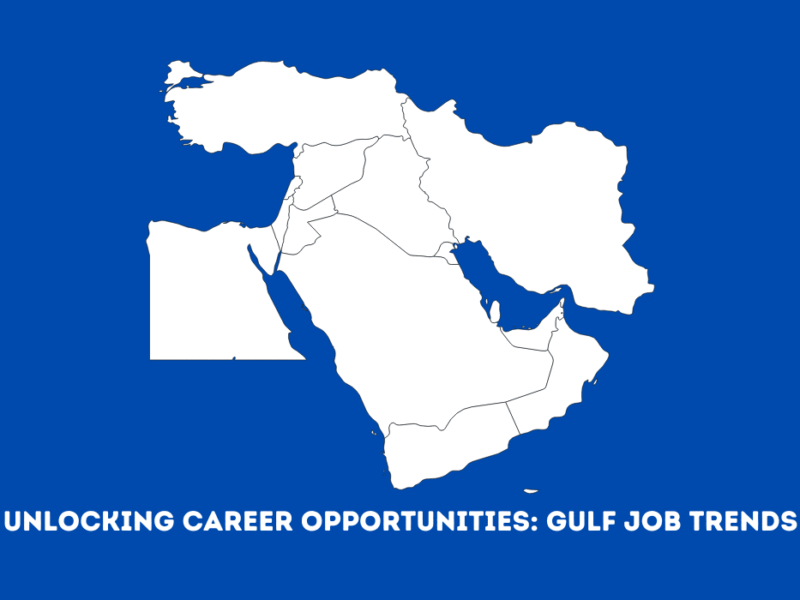In recent years, the Gulf region has emerged as a hub for diverse career opportunities, attracting professionals from around the globe. Understanding the trends shaping the job market in the Gulf is crucial for individuals seeking to unlock rewarding career prospects in this dynamic region.
Emerging Industries
Oil and Gas Sector
The oil and gas industry remains a cornerstone of the Gulf economy, offering numerous employment opportunities in areas such as exploration, production, and refining. Despite the global shift towards renewable energy, the demand for skilled professionals in this sector continues to grow.
Healthcare Industry
The healthcare sector in the Gulf is experiencing rapid expansion, driven by increasing demand for quality medical services and infrastructure development. Professionals in various fields, including doctors, nurses, and allied health professionals, are in high demand to support the region’s healthcare needs.
Information Technology
The Gulf has witnessed a surge in demand for IT professionals, fueled by the region’s efforts to diversify its economy and embrace digital transformation. Opportunities abound for skilled individuals in areas such as software development, cybersecurity, and data analytics.
Skills in Demand
Technical Skills
Proficiency in technical skills such as coding, project management, and engineering is highly sought after in the Gulf job market. Employers value candidates who possess expertise in their respective fields and demonstrate a willingness to adapt to evolving technologies.
Soft Skills
In addition to technical proficiency, employers in the Gulf emphasize the importance of soft skills such as communication, problem-solving, and teamwork. Individuals who can effectively collaborate with diverse teams and navigate cultural differences are highly valued in the workplace.
Remote Work Opportunities
Growth of Remote Work Post-Pandemic
The COVID-19 pandemic has accelerated the adoption of remote work practices across the Gulf region. Companies are increasingly embracing flexible work arrangements, allowing professionals to work remotely from anywhere in the world.
Advantages and Challenges
While remote work offers benefits such as improved work-life balance and access to a global talent pool, it also presents challenges such as communication barriers and technological limitations. Employers and employees alike must navigate these challenges to maximize the benefits of remote work.
Job Market Outlook
Projected Growth Sectors
Looking ahead, key growth sectors in the Gulf job market include renewable energy, healthcare technology, and e-commerce. Professionals with expertise in these areas are well-positioned to capitalize on emerging opportunities and drive innovation in their respective fields.
Impact of Geopolitical Factors
Geopolitical factors such as regional conflicts and economic diversification efforts can influence job market dynamics in the Gulf. Individuals should stay informed about geopolitical developments and their potential impact on employment opportunities in the region.
Career Advancement Strategies
Networking
Building a strong professional network is essential for advancing one’s career in the Gulf. Attending industry events, joining professional associations, and leveraging social media platforms can help individuals expand their network and uncover new career opportunities.
Continuous Learning
In a rapidly evolving job market, continuous learning is key to staying competitive. Professionals should invest in ongoing education and skills development to enhance their employability and adapt to changing industry trends.
Cultural Considerations
Understanding Cultural Norms
Cultural sensitivity is paramount when working in the Gulf, where cultural norms and customs may differ from those in Western countries. Taking the time to understand and respect local customs can foster positive relationships and enhance professional interactions.
Language Proficiency
Proficiency in Arabic, the predominant language in the Gulf, can significantly enhance career prospects for individuals seeking employment in the region. While English is widely spoken, fluency in Arabic demonstrates a commitment to cultural integration and can open doors to additional opportunities.
Conclusion
In conclusion, unlocking career opportunities in the Gulf requires a deep understanding of emerging trends, in-demand skills, and cultural nuances. By staying informed, building valuable skills, and embracing cultural diversity, individuals can position themselves for success in this dynamic and thriving region.
Unique FAQs
1. Is it necessary to speak Arabic to work in the Gulf?
- While English is commonly used in business settings, proficiency in Arabic can enhance career prospects and facilitate better communication with local colleagues and clients.
2. What are the emerging industries in the Gulf?
- Emerging industries in the Gulf include renewable energy, healthcare technology, and e-commerce, offering exciting opportunities for skilled professionals.
3. How important are soft skills in the Gulf job market?
- Soft skills such as communication, teamwork, and adaptability are highly valued by employers in the Gulf, alongside technical proficiency.
4. What are the challenges of remote work in the Gulf?
- Challenges of remote work in the Gulf include communication barriers, technological limitations, and potential cultural differences.
5. How can I advance my career in the Gulf?
- Advancing your career in the Gulf requires networking, continuous learning, and cultural sensitivity, along with staying informed about industry trends and market dynamics.


Comments